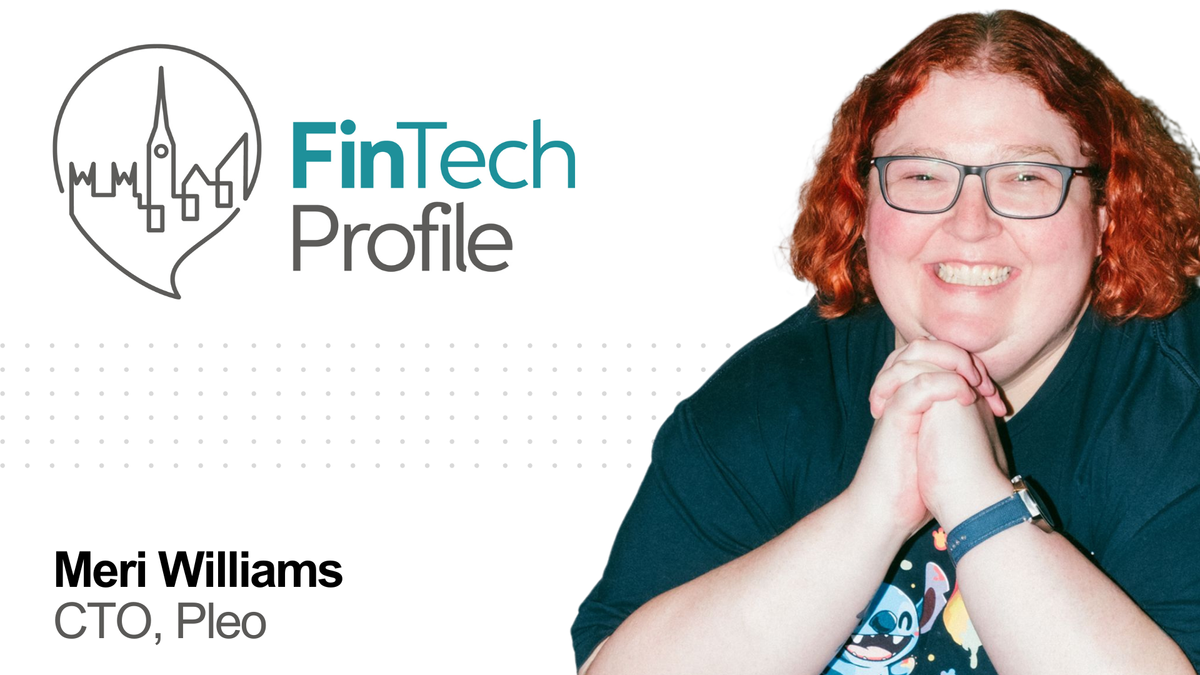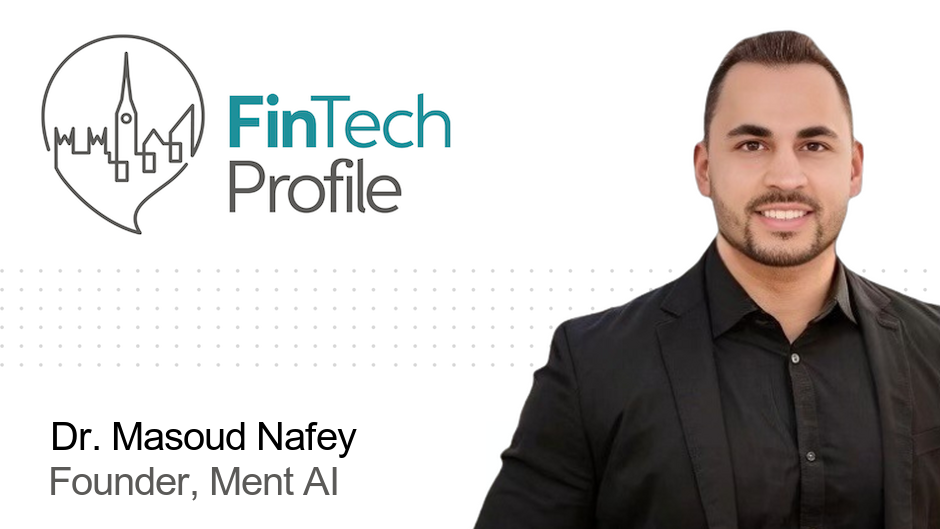Meri Williams, CTO, Pleo

Today we're meeting Meri Williams, the Chief Technology Officer at Pleo, the spending solution for forward-thinking teams everywhere – their smart company cards empower thousands of businesses across Europe.
Who are you and what's your background?
I’m the Chief Technology Officer at Pleo. My career kicked off at Procter & Gamble, where I spent 10 years working my way up from engineer to group manager. After that, I joined the Government Digital Service, scaling the team that built GOV.UK.
Since then, I’ve held roles at M&S, Monzo, Healx, and MOO, gaining a mix of experience across big organisations and fast-growing startups. Along the way, I’ve seen first-hand how technology can drive innovation and create meaningful change in different industries.
What is your job title and what are your general responsibilities?
As the CTO at Pleo, I’m in charge of shaping and driving our tech strategy. My main focus is continuing to evolve our product to meet customer needs, leading an awesome engineering, IT and Data team, and working hand-in-hand with our Design and Product counterparts to continually improve and expand the Pleo product for our customers.
I’m especially passionate about building scalable systems that help businesses take control of their finances and manage them more efficiently.
Can you give us an overview of your business?
Pleo makes business spending easy by giving companies modern tools like smart company cards, automated expense reporting, and real-time spending insights. Our platform is all about saving time, cutting out inefficiencies, and giving businesses better control over their finances.
By simplifying spend management, Pleo helps companies focus on what really matters—growing and driving innovation.
Tell us how you are funded.
Pleo is backed by venture capital and has raised DKK 2.7B (around EUR 370M / USD 400M) through private funding since we started in 2017. These investments have allowed us to grow our platform, scale our operations, and drive some pretty exciting growth across the business—it’s an amazing journey to be part of!
What’s the origin story? Why did you start the company?
Pleo was founded by Jeppe Rindom and Niccolo Perra to fix the headaches of traditional expense management, making it easier for both employees and finance teams. The platform takes care of things like receipt capture and expense categorisation automatically, saving businesses time and money.
For employees, Pleo makes managing expenses more flexible and independent and dare I say, possibly even joyful. For finance teams, it offers better control and smoother processes, helping them work more efficiently. At its core, Pleo is all about creating a company culture that champions autonomy, innovation, and entrepreneurial thinking.
Who are your target customers? What’s your revenue model?
Our primary customers range from SMBs to mid-market enterprises. We operate on a subscription-based revenue model, with businesses paying based on their usage and the size of their teams.
If you had a magic wand, what one thing would you change in the banking and/or FinTech sector?
If I could wave a magic wand, I’d work to address inequality in the industry, especially the challenges faced by marginalised communities. Throughout my career, I’ve dealt with barriers tied to my identity—like being excluded from assignments in countries where being queer is criminalised.
As a leader, I aim to drive real change by being open about who I am and building a culture that truly embraces differences in our industry. For me, inclusion isn’t just about policies—it’s about creating spaces where everyone feels empowered to be their authentic selves. I’m passionate about pushing for this change in the FinTech world.
What is your message for the larger players in the Financial Services marketplace?
We can all do so much better! Latest technology gives the genuine opportunity to make things significantly better – in terms of experience, efficiency, effectiveness – for customers and consumers. Financial Services can be just as slick as modern consumer apps, we just have to put the work in.
Where do you get your Financial Services/FinTech industry news from?
I tend to keep track of general themes via LinkedIn these days since Twitter/X has gone downhill, and then deep dive off the back of that. I’m also a fan of Sifted.
Can you list 3 people you rate from the FinTech and/or Financial Services sector that we should be following on LinkedIn, and why?
- Leda Glyptis PhD – I was lucky enough to serve on a board with Leda. She’s insightful and always has her finger on the pulse.
- Simon Taylor – Great analysis of modern tech trends in the fintech space.
- Less specifically Fintech/Financial Services, and at risk of recommending something I’m involved with, but for modern tech leadership I highly recommend LeadDev.
What FinTech services (and/or apps) do you personally use?
Honestly, I’m using fewer and fewer now that so much functionality is included in Monzo’s app including mortgage tracking, credit reports (yes, plural!) and investments. It’s been a great joy to see how much additional capability the team have added in over the past few years. For making sure my savings are earning the best rates and maximum FSCS protection, I use Flagstone.
What’s the best new FinTech product or service you’ve seen recently?
I actually think the most valuable are existing apps adding amazingly high quality user experience for new areas like ISAs, investing, etc. I seldom have to leave my Monzo app these days.
Finally, let's talk about predictions. What trends do you think are going to define the next few years in the FinTech sector?
The FinTech sector in the coming years will be heavily influenced by AI, especially in personalising customer experiences and automating financial processes. While AI brings a lot of advantages, it’s important to ensure it doesn’t replace human judgment in areas like hiring or decision-making, where biases could creep in—something I’m particularly passionate about.
Beyond tech advancements, the industry will also need to keep pushing for more inclusive and diverse workplaces. While representation has improved, the bigger challenge is making sure underrepresented groups not only join the industry but thrive. This means building environments where people feel empowered to succeed as their authentic selves. We as an industry need to be representative of our customers otherwise we cannot understand and build the best solutions.
Fantastic, thank you very much Meri!
You can find out more about Meri Williams on LinkedIn and you can learn more about their company Pleo at https://www.pleo.io/.




